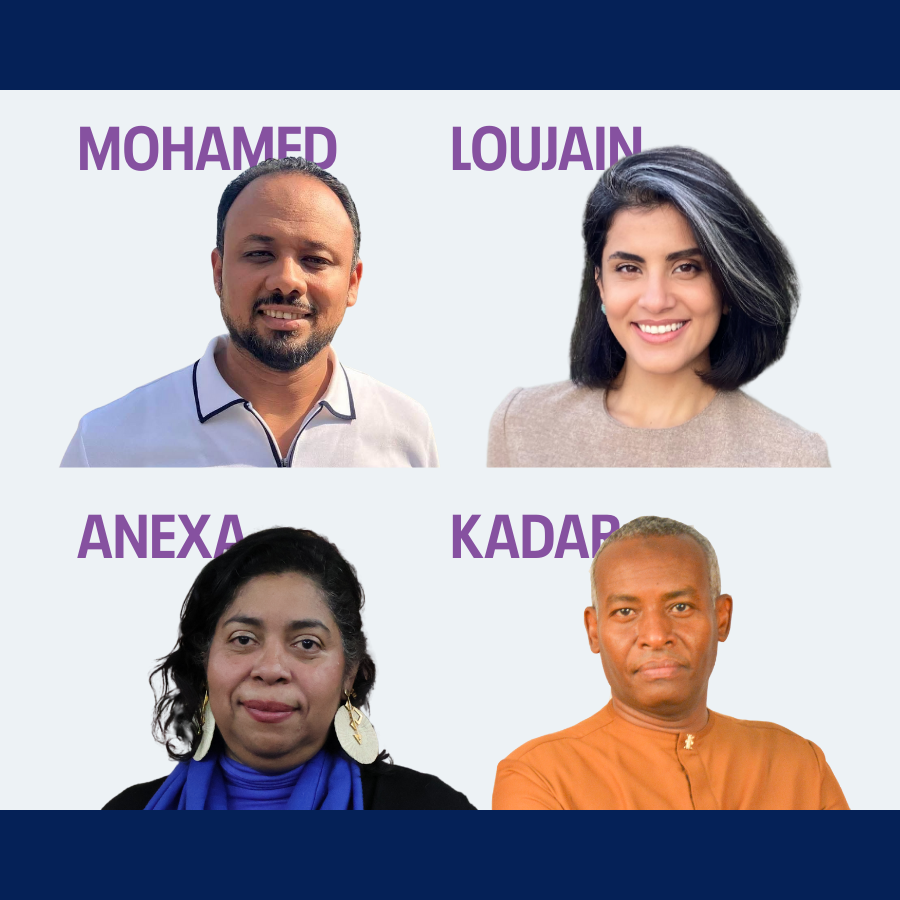Reprisals: ISHR reports on cases of reprisals across 29 States for UN submission
In response to the annual call for inputs from the UN Secretary-General, ISHR has submitted 120 cases of intimidation and reprisals against human rights defenders engaging with the UN from 29 countries.
ISHR’s submission exposes alarming intimidation and reprisals patterns exercised against human rights defenders, highlights acts ranging from threats, surveillance, smear campaigns, enforced disappearances, travel bans to judicial harassment and accusations of terrorism, among many others.
- While in Bahrain some human rights defenders are still facing arbitrary detention, they are consistently being denied timely and adequate medical treatment by government authorities.
- Independent Chinese Civil society continues to face restrictions in accessing the UN and the Human Rights Council, along with strong surveillance and intimidation carried out by Government-Organised NGOs (GONGOs).
- In Egypt, many human rights defenders including from prominent organisations are being subjected to unlawful arrests and judicial harassment. These include human rights lawyer Mohamed El-Baqer who is currently on a terrorist list, unable to travel nor exercise civil work.
- In Israel, Palestinian human rights defenders and organisations continue to face unparalleled intimidation.
- In Morocco, Russia and Vietnam, measures criminalising organisations and defenders continue shrinking civil society’s space.
- In Venezuela, arbitrary detentions and practices to silence dissents continue.
The submission raises concerns over the situation in Guatemala where many individuals involved in the work of the International Commission Against Impunity (CICIG) are suffering grave retaliation. It also raises concerns over the situation of International Criminal Court (ICC) officials, including the ICC prosecutor, who are subject to severe pressure from the current US administration for their investigative work related to Afghanistan and Israel.
Acts of reprisals and smear campaigns are also being directed against UN mandate holders carrying out crucial human rights work, including the Special Rapporteur on the situation of human rights in the Palestinian territories occupied since 1967, Francesca Albanese, and Anexa Alfred Cunningham, a member of Expert Mechanism on the Rights of Indigenous Peoples .
Anexa, who is unable to return to her home country has been included in ISHR’s annual campaign to #EndReprisals focusing on travel bans. Mohamed El-Baqer from Egypt, as well as Loujain Al-Hathloul from Saudi Arabia and Kadar Abdil Ibrahim from Djibouti are also facing travel bans and are featured in the campaign.
ISHR also submitted follow-up information on numerous cases, including in Algeria, the Bahamas, Bangladesh, Belarus, Burundi, Cameroon, Djibouti, Equatorial Guinea, France, India, Morocco, Nicaragua, Philippines, Russia, Rwanda, Saudi Arabia, Sudan, Thailand, United Arab Emirates, Vietnam, and Yemen.

Their voices defend human rights. Travel bans silence them: #EndReprisals!
Some States use travel bans as a reprisal against human rights defenders who cooperate with the United Nations. These acts of retaliation are designed to isolate, intimidate, and silence them. Join us in our campaign to #EndReprisals and end travel bans against defenders.
Take action